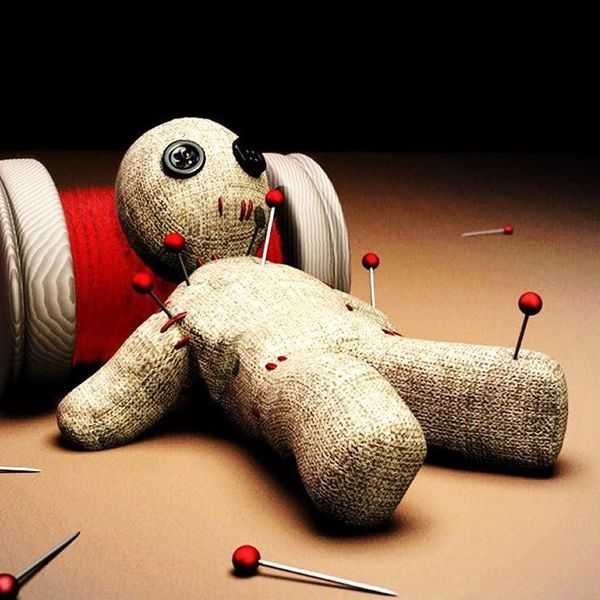There is no denying that frustrating experiences occur and that anger can be an outcome of these kinds of situations, but some people get angrier often and stay angrier for longer periods of time. If you go to your friends and ask them if you're staying angry for too long, they're likely to tell you that you are allowed to feel the emotions you are experiencing and that you should let it takes its course. I, however, have a slightly different outlook on when anger stops being appropriate.
First, I believe there are two kinds of anger. The type of anger that eventually subsides after feeling upset, and a type that people hold on to and stay actively angry about. The latter is the kind that I am interested in particularly because I've begun to notice some negative consequences of feeling angry for longer periods of time.
I think a person should be able to feel angry for as long as they need to before they begin healing from their negative experience. But when someone does not let go of their anger, it has the potential to not only affect them more than what initially hurt them, but also affect others negatively. For example, if someone has been angry with another person who emotionally hurt them and is still angry at that person even after months or even years, it may be time to re-evaluate where that anger is coming from. Is it coming from what hurt them in the past or are they picking at their scab by constantly thinking about what happened?
In my opinion, there are two instances when a person should stop being angry. The first is when the anger becomes so great and frequent that it consumes the person to the point that they do not think about anything else and are always furious. Now, I've been furious with people to the point of hatred. But as time passes, the anger dulls. The only time I've found that the anger doesn't fade is when I think about what made me livid and do not distract myself or redirect my anger into a different outlet other than seething about it.
The second instance when I believe being angry isn't a good option anymore is when others are being impacted significantly. When you speak negatively about people or carry that kind of attitude with you, it can stick to others. Consequently, people may try to distance themselves from you when they notice they are beginning to catch onto your habits. Not only should your personal healing be a priority, but it's also important to think of the people who are surrounding you -- those who are willing to support you through your struggles and want you to get through your pain. It's valuable to remind these people that you are really trying to move forward and that they don't need to feel as though they're walking on thin ice whenever they even remotely bring up the topic of your pain after a while.
The past cannot be changed. No matter how much we regret our choices, how much pain we experienced, or how terrible someone was to us, we cannot change what has already happened. This can be difficult to come to terms with because when we think about negative experiences we've had, we sometimes think about what we could have said or done in the moment that would have changed the outcome. But the outcome is solidified, and the only things you can change about it are the way you think about it and the way you react to it. So take your time to be angry; to complain, to yell, and to cry. But remember that there comes a time when anger begins to do more harm than good, so take care of yourself and the people who care about you.





















